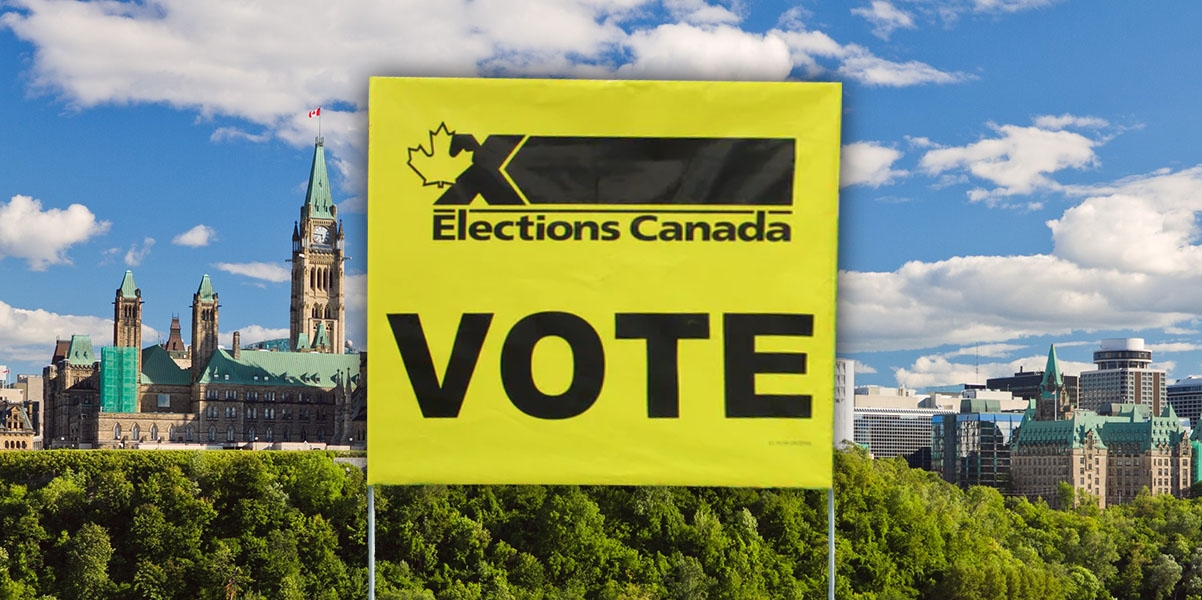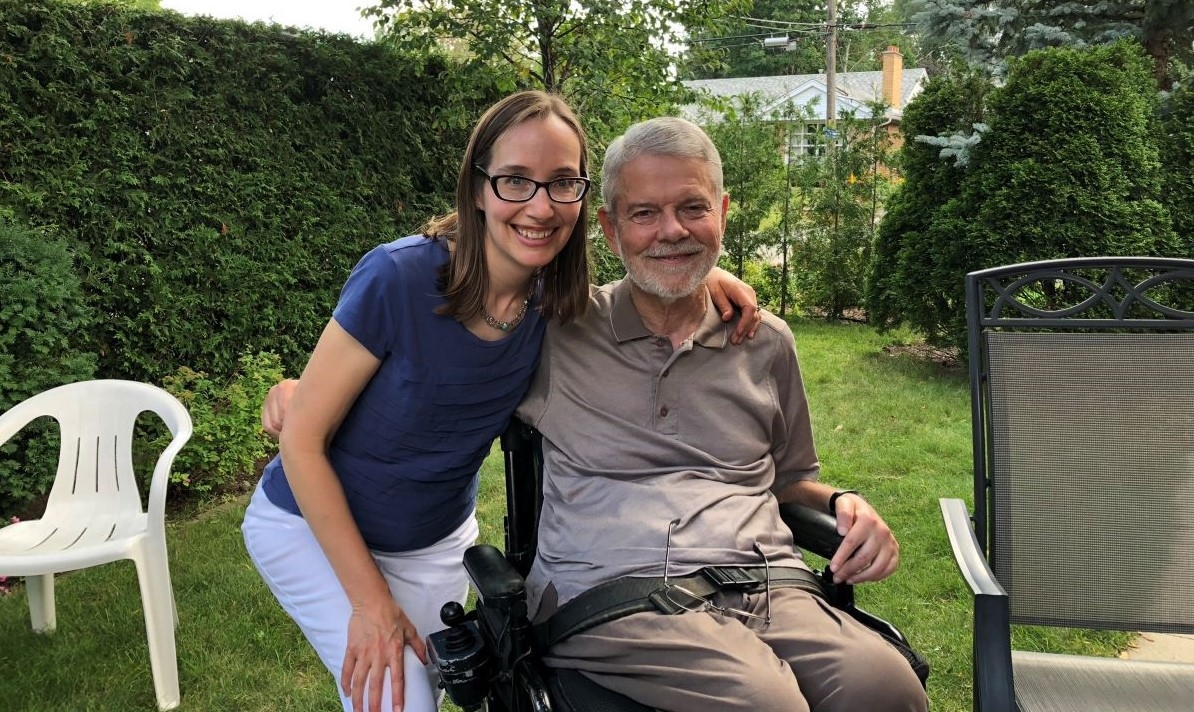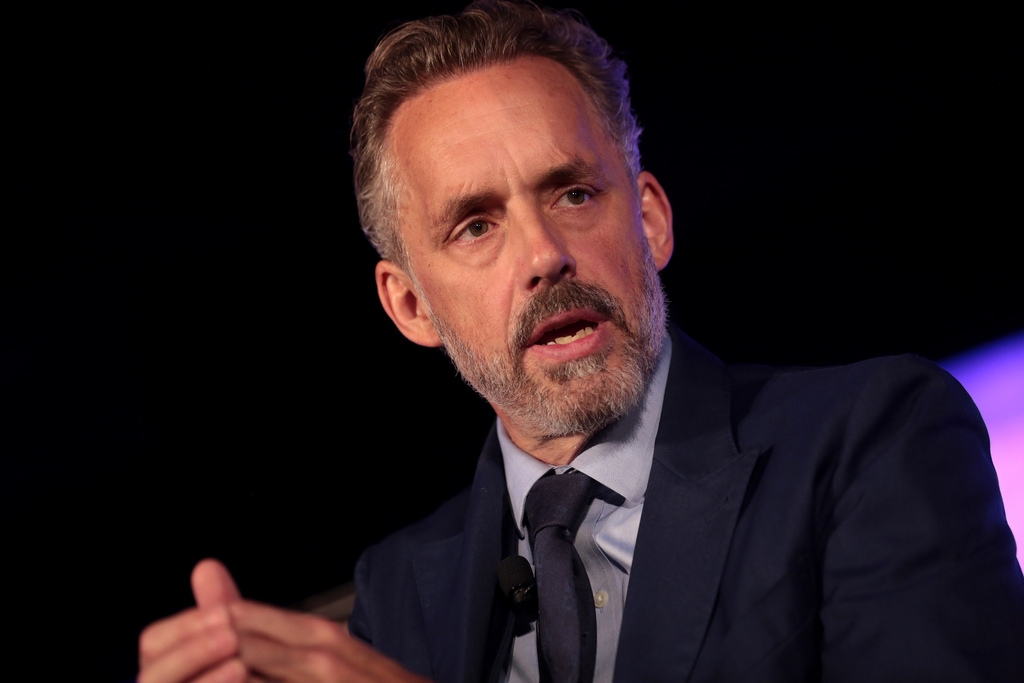
Building Better Voters Builds a Better Canada
It does seem as if there will soon be a federal election in Canada. It will take place during a period of some upheaval in our relations with the United States, and very soon after a period of some turmoil within the Liberal Party of Canada.
The questions before the electorate this time around, both explicit and implied, are especially complex and rather fraught. And it doesn’t help that our elections have begun to take on a bit of the hyperpolarization and hyperbolic speech of the recent elections of our neighbour to the south. Inevitably, in comparison to the past, more electors now find themselves voting essentially against something, rather than for something, a trend that heralds a sort of race to the bottom.
The right to vote in Canada has evolved significantly over time, with landmark decisions in the 20th century about votes for women, for the various indigenous peoples, and for racialized minorities. Since the coming of the Charter, in 1982 (for application by 1985), the courts have removed pretty much all remaining restrictions on the franchise, with judges getting the vote (yes, at one point they couldn’t vote), and with those in prison getting the vote (2002). Those with “intellectual disabilities” also now have the franchise. As for Canadian citizens living abroad, from 1993 to 2019, they retained their right to vote only for the first five years of living abroad, but, since 2019, a Canadian citizen can live abroad indefinitely and still retain the right to vote.
Effectively, for Canadian citizens 18 years of age or older, there are no restrictions on the right to vote. Accidentally, however, that creates two distinct groups of qualified electors. How so? Well, citizens born with Canadian citizenship do not need to know anything about Canada or its systems of government to be allowed to vote. However, those who emigrate to Canada and who, after at least 3-5 years in Canada, apply to become naturalized Canadian citizens, do indeed have to pass a test of knowledge of Canada and its institutions.
The citizenship test that permanent residents take to become citizens is not trivial. The study guide for it is the little volume, “Discover Canada”, a 68-page rather pretty little book. (I recently looked through the online version, and found that it needs some minor updating, but mostly found it quite sound. The only errors I found were a failure to update the name of the monarch, and a failure to reflect the latest approved wording of the national anthem, plus a small historical error about a detail of the War of 1812.)
In late 2024, I was the presiding official at a citizenship ceremony in Kingston, and had the great pleasure of administering the Oath of Citizenship to 60 new citizens. In conversation with many of them during the reception following the event, I was impressed by their knowledge of their new homeland and of their potential roles in its decisional processes.
And that got me thinking. In Canada, one must pass a test to operate a car, boat or airplane, to practice law, or medicine, or nursing or engineering, or to be a plumber, millwright, lifeguard, or to work in almost any trade. In none of those cases do we have an easier test for those born here than for those born abroad. The test is geared to the privilege, not to the place of birth of the applicant.
The only area where we distinguish between the two groups is in the awarding of the right to vote. So, a question might arise about whether this dichotomy is racist (or perhaps “ethnicist”, to coin a term).
I don’t think the dichotomy arises because of any racist inclination, but I do think that we got to where we are because of a false assumption. We clearly made the false assumption that those growing up in Canada would be exposed in both primary and secondary school to enough of what we used to call “civics” that, on completion of high school, they would be well-steeped in the same material that is in “Discover Canada”.
News flash: it ain’t necessarily so. As a long-time academic, I’ve chatted with a surprising number of young people who are disturbingly ill-informed about Canada, including cluelessness about its systems of government, its geography, its history and their individual rights and obligations. The distortions and infelicities of the education systems in many parts of Canada are no secret, and the amount of remediation that universities now normally need to provide to new undergraduates entering first year of university is rather shocking.
But there is zero prospect of instituting any general federally-mandated test to be allowed to vote. Given the Charter of Rights and Freedoms, it is abundantly clear at law that those born to Canadian citizenship will, at age 18, acquire the right to vote, and any attempt to impose a qualifying test to be allowed to vote will fail when tested in the legal system.
There is, however, a fairly simple fix, and any province could execute it relatively easily. The fix would be to require high school students to pass a test very similar to the citizenship test in order to graduate from high school. The high school leaving certificate is a near necessity for the things that the large majority of young Canadians want to do after high school, so there would be quite a lot of quick study of “Discover Canada” or similar texts.
And, yes, there are a small percentage of Canadian adults who do not finish high school. But they form a very small fraction of those who actually do vote, and their votes are therefore unlikely to introduce substantial distortions of outcomes.
This requirement for high school graduation would have two very salutary effects. First, it would create a substantially more knowledgeable electorate, insulating us to some extent against counterfactual and silly political initiatives. Secondly, it would mean that most of those born Canadian, and all of those who become Canadian through naturalization would have a common exposure in civics that avoids any appearance of discrimination between the two groups, affording a new area of common ground to reduce the risk of fracture lines in society.
Clueless voters are a threat to democracy. By requiring students to pass the equivalent of the citizenship test to graduate from high school, our provincial departments of education and our school boards can diminish that risk dramatically without trampling on anyone’s Charter rights. They should do so.





